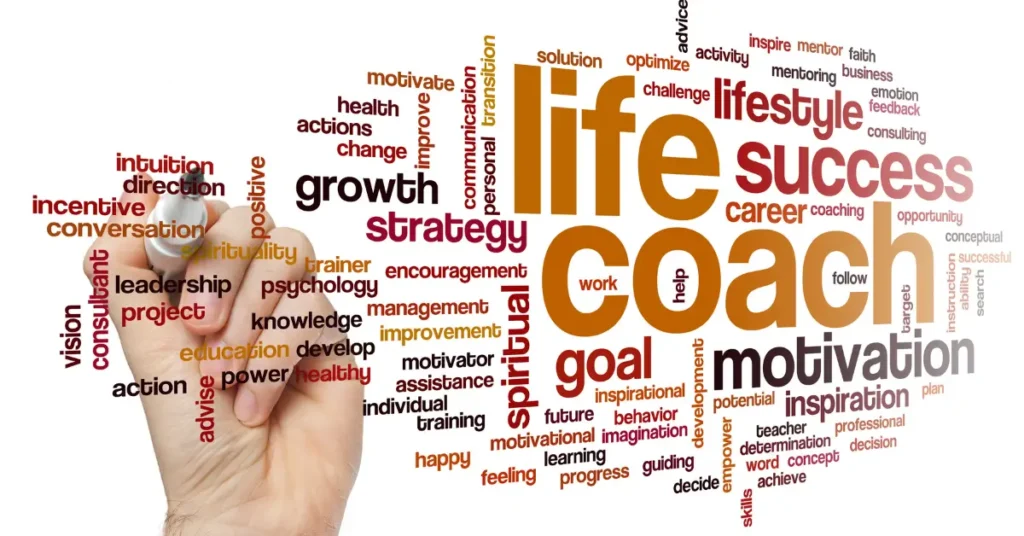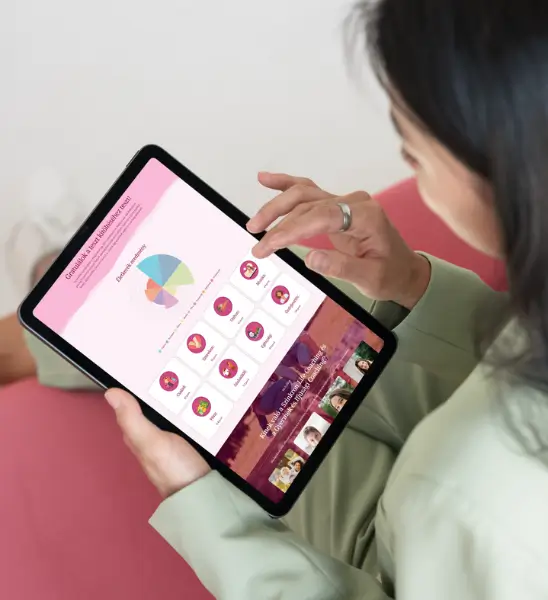
A good Synchronous Life Coach has several essential skills and qualities that help them to support clients effectively and achieve their goals. Let's take a closer look at the skills and qualities needed to be successful in this role.
Effective communication contributes to a successful coaching process in many ways:
Empathy plays a fundamental role in the coaching process:
Coaching experience is key:
These skills, qualities and principles ensure that a Synchronous Life Coach is effective in supporting clients in their personal development and in achieving their goals.
Draw Power from Self-Knowledge
The Synchro Test gives you a comprehensive picture of key areas of your life in 5-10 minutes: Family, Love, Home, Work, Money, Leisure, Health, Self Development. Based on your assessment, you can assess your strengths and opportunities for improvement, understanding how the mosaics of your life fit together.
Take the test to see where you stand more clearly and use it as a compass for your personal development.

On our website, we use solutions that allow us to provide a more personalised experience and to show you customised advertising. To do this, please enable cookies and other tracking solutions. You can change this later in the "Cookie Notice" in the footer.
We wish you a pleasant browsing!